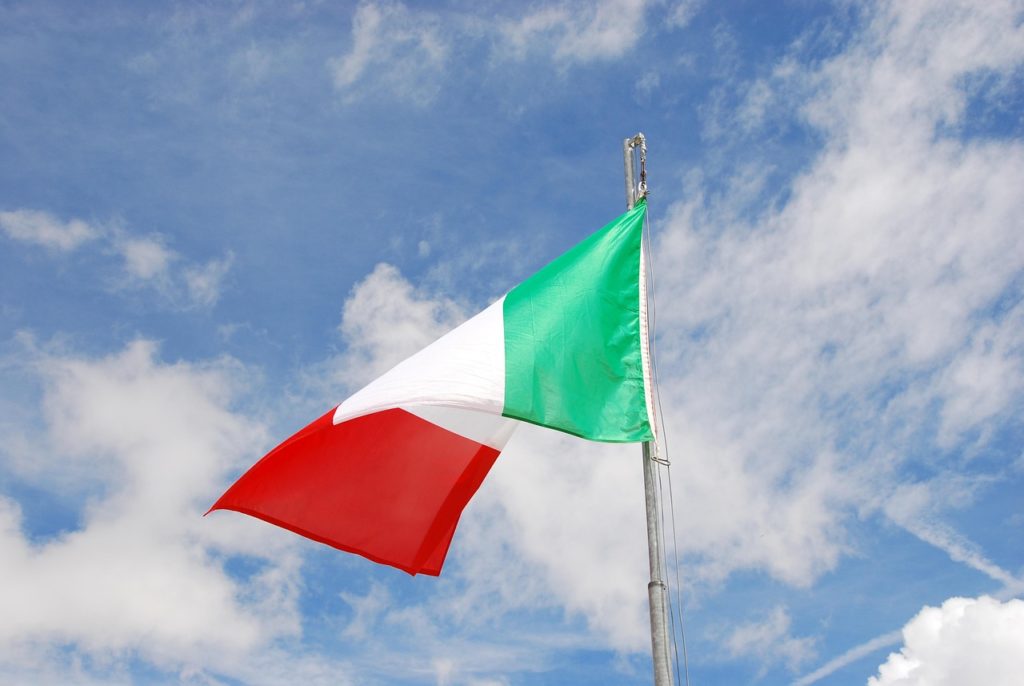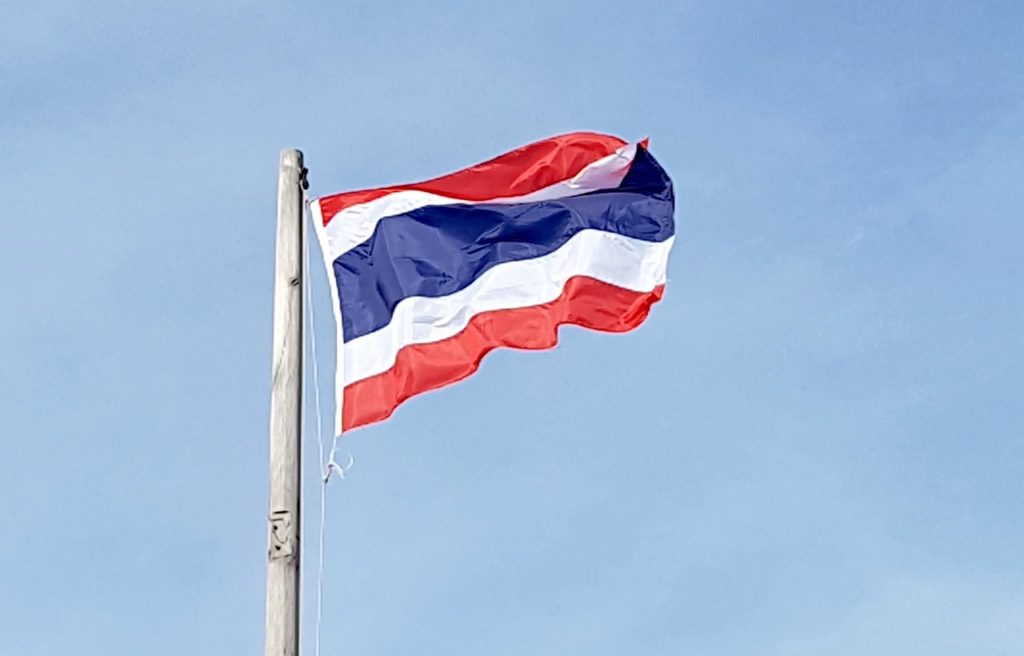Commercial Feature
Extradition to Italy: Key Aspects of Interaction with Thailand and the USA
Extradition is a legal mechanism that allows one state to request the surrender of a person accused or convicted of committing a crime who is located in the territory of another state. This tool plays an important role in the international fight against crime, ensuring that no one can evade justice simply by crossing a border. Extradition procedures are governed by international treaties, national laws, and principles developed through law enforcement practice.
Italy, as a state with a developed legal system and active participation in international structures, plays a significant role in this sphere. At the same time, Italy’s interaction with other countries, including Thailand and the USA, has its own characteristics that are worth examining in more detail.

What is international extradition and what are its main principles?
International extradition is based on the principles of mutual recognition of legal systems, respect for the sovereignty of states, and the protection of individual rights. Among the key provisions are the presence of a crime punishable in both countries, the absence of political motives, and the guarantee of a fair trial.
Some states do not extradite their citizens, others limit extradition if it concerns offenses that do not fall under the criminal jurisdiction of both parties. In practice, the principle of “non bis in idem” is also applied — no one should be held accountable for the same act twice.
Legal foundations of extradition in Italy
The Italian legal system clearly regulates the procedure for extradition. It is based on both international treaties and domestic laws, in particular the Italian Code of Criminal Procedure. Decisions on extradition are made by the Ministry of Justice; however, a stage of judicial review is mandatory: the judge verifies compliance with all formalities, the presence of evidence, and the conformity of the request with legal norms.
Among the restrictions is the prohibition on extradition if a person faces the death penalty (abolished in Italy back in the last century), the use of torture, or violation of human rights. Furthermore, if the crime is considered political or of a military nature, Italy may refuse extradition.
Interaction on extradition issues with Thailand
Italy and Thailand do not have a direct bilateral extradition agreement, which complicates the process. However Thailand extradition Italy possible on the basis of the principle of reciprocity and with sufficient legal grounds. In such cases, the parties interact through diplomatic channels, requesting the appropriate guarantees.
Extradition procedures from Thailand to Italy require compliance with Thai legislation and the provision of a complete set of documents confirming the validity of the request. The judicial authorities of Thailand may reject the request if it contradicts internal regulations or contains a political component.
Particular attention in these cases is paid to the issue of humane treatment and conditions of detention in the country requesting extradition. Thailand, despite cooperation, may delay the procedure or completely refuse if it considers the request insufficiently substantiated.

Factors influencing the decision on extradition from Italy
Italian courts, when considering extradition requests, evaluate the following key parameters:
- The severity of the crime.
Extradition is possible only in the presence of charges for serious criminal offenses. Requests for cases of minor importance are rejected. - Evidence.
A clear, reliable evidence base is required. Insufficient or questionable materials are grounds for refusal. - The presence of a contract.
Priority is given to countries with which Italy has extradition agreements. However, even with an agreement in place, the request may be denied. - Guarantees of human rights.
Extradition is impossible if the requested person faces torture, cruel treatment, or non-compliance with minimum standards of justice. - The principle of non bis in idem.
If a person has already been convicted or acquitted on the same charges, extradition is not permitted. - Political motivation.
If there are grounds to believe that the case is of a political nature or contains elements of discrimination, extradition is prohibited.
Additionally, the conditions of detention in the requesting country and access to a fair trial are taken into account. The court has the right to demand guarantees from the requesting state and reject the request in their absence.
What is important to remember about extradition involving Italy
Italy actively interacts with the international community in the field of justice, while strictly adhering to internal guarantees of rights and freedoms. This makes Italian jurisdiction attractive for individuals seeking legal protection.
Answering the question does Italy extradite to the US, it is worth noting: yes, there is an extradition treaty between Italy and the USA, in effect since 1983. However, Italy may refuse extradition if there is a threat of the death penalty, human rights violations, or political persecution. In such cases, the USA must provide appropriate guarantees.
The difficulty lies in the fact that each extradition is considered individually, and even with an agreement, Italian courts often side with the defense if they find the arguments convincing. This distinguishes Italy from jurisdictions where extradition is often a formality.
Italy is a reliable partner in international extradition matters, while maintaining a commitment to the protection of human rights and the rule of law. Interaction with Thailand requires a diplomatic approach and mutual respect for procedures, whereas relations with the USA are governed by a formalized treaty but with important human rights restrictions.
Anyone facing the threat of extradition from Italy should know: the country provides sufficient mechanisms for legal protection, and competent legal assistance can play a decisive role.
 News / SU stops offering student discounts8 January 2026
News / SU stops offering student discounts8 January 2026 News / Uni-linked firms rank among Cambridgeshire’s largest7 January 2026
News / Uni-linked firms rank among Cambridgeshire’s largest7 January 2026 Comment / Plastic pubs: the problem with Cambridge alehouses 5 January 2026
Comment / Plastic pubs: the problem with Cambridge alehouses 5 January 2026 News / New movement ‘Cambridge is Chopped’ launched to fight against hate crime7 January 2026
News / New movement ‘Cambridge is Chopped’ launched to fight against hate crime7 January 2026 Comment / What happened to men at Cambridge?31 December 2025
Comment / What happened to men at Cambridge?31 December 2025





